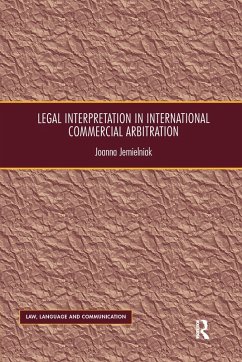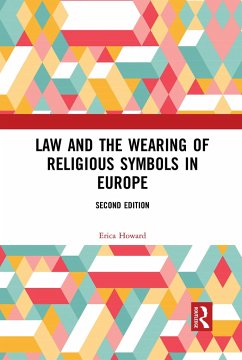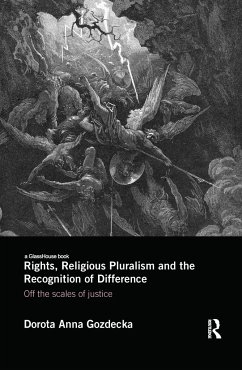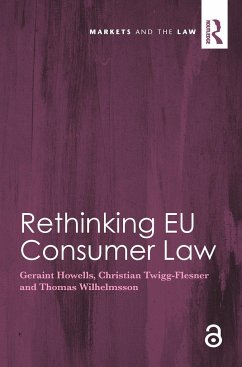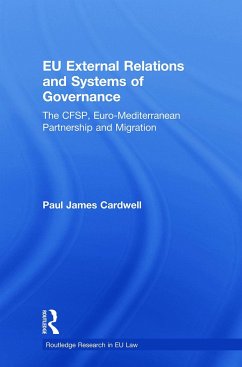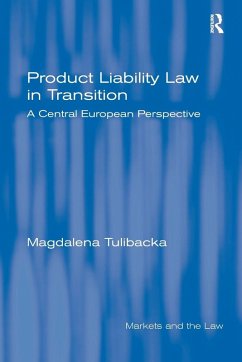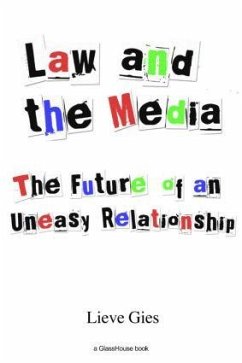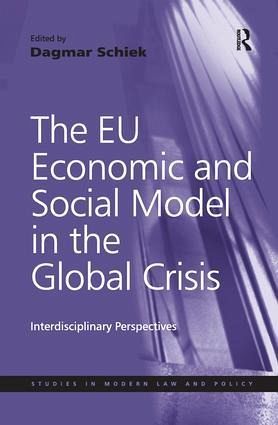
The EU Economic and Social Model in the Global Crisis
Interdisciplinary Perspectives
Versandkostenfrei!
Versandfertig in 1-2 Wochen
47,99 €
inkl. MwSt.
Weitere Ausgaben:

PAYBACK Punkte
24 °P sammeln!
This book addresses the viability of the EU economic and social model within and after the global economic crisis. It identifies four key issues which warrant further discussion: the asymmetry of the legal and policy framework of the euro and potential recalibration; substantive tensions between the EU 'economic constitution' and its normative aim of social justice and impacts on national policy; the role of civil society, including the two sides of industry in overcoming these tensions; and the EU's global aspirations towards the creation of a viable socio-economic model. Its chapters offer t...
This book addresses the viability of the EU economic and social model within and after the global economic crisis. It identifies four key issues which warrant further discussion: the asymmetry of the legal and policy framework of the euro and potential recalibration; substantive tensions between the EU 'economic constitution' and its normative aim of social justice and impacts on national policy; the role of civil society, including the two sides of industry in overcoming these tensions; and the EU's global aspirations towards the creation of a viable socio-economic model. Its chapters offer two perspectives on each of the four main issues.






